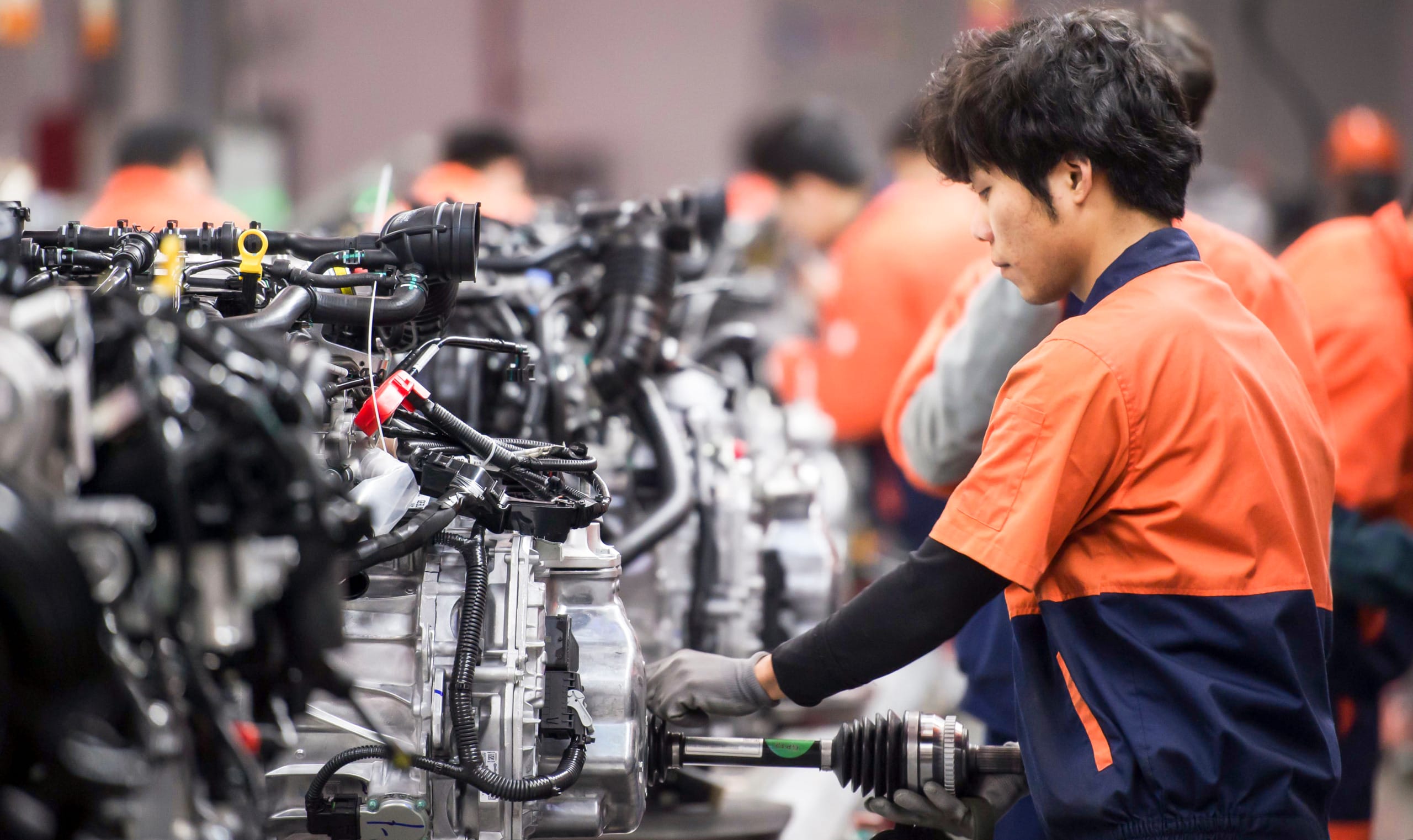
In today’s global economy there’s a dizzying array of sourcing options available for manufacturing overseas. If speaking Chinese seems difficult, imagine the challenge of navigating through thousands of factories that exist all over China whose quality and capabilities span a wide range. Finding the right supplier is crucial, but most underestimate the time and resources required to establish a successful operation overseas. At first glance, online product sourcing appears to be the easiest and most convenient solution. A closer look, however, reveals the reality of an internet only strategy.
As with utilizing sourcing agents, full-service project management firms or any other viable option, online sourcing also presents its fair share of pros and cons. So how does one decide which sourcing channel is best for their company’s product? In reality, there is no “one size fits all” solution to managing sourcing projects. Some endeavors require an on-ground presence with intensive factory oversight while other projects can easily be achieved through the convenience of the internet.
Let’s take a look at the top 8 reasons to source a product online.
1) Having a thorough understanding of the factory’s Quality Control processes and staffing is not important
Most online buyers naively believe that online suppliers enforce minimum quality requirements among the factories featured online. The issue with this is there’s no universal definition of “good quality.” The concept of good quality can mean different things in different countries, and even between individuals. It’s the importer’s responsibility to clearly communicate quality requirements, which are defined through product specifications (e.g. materials and design drafts). Without specifications, the factory is forced to guess and fill in product gaps themselves – often leading to major issues.
2) No need for bilingual staff to interact with factories
Without an acute understanding of the local language and culture it’s extremely challenging to communicate with factory representatives if there are concerns regarding quality, certification requirements, product design etc. Most factory representatives do not speak English. The people that can communicate are often not fluent English speakers and possess a low level of proficiency in reading and writing in English. Adding insult to injury, because communication is occurring over the internet with a 12 hour time zone difference replies are often not received, nor sent in a timely manner.
3) Conducting a thorough factory audit isn’t important
When sourcing online the true background of the factory remains unknown. Many importers falsely believe they’re safe as long as their dealings are limited to only “Gold Suppliers”, such as those featured on Alibaba.com. Keep in mind that being a premium supplier is a membership service and is the supplier directory’s primary source of revenue. The website may verify some critical information such as proof of the factory operating as a legally registered entity, amount of registered capital on hand, and possession of a business license. This provides a great start to selecting a supplier, but is only half the equation. Online suppliers are not necessarily required to meet any standard of social responsibility compliance. For example, inquiries pertaining to factory emissions, employee treatment, and sanitary work condition standards remain completely unknown. Uncertainty regarding these questions can pose a serious threat to the integrity of your brand (Refer to Managing Profits and Social Responsibility: Protecting Brand Integrity While Manufacturing Overseas).
4) Making changes to your product is not necessary
When sourcing a simple product that does not require a high degree of engineering or product design online sourcing is a viable option. Conversely, online sourcing offers the least amount of flexibility in making revisions or changes to an order once a purchase has been submitted. Chinese factories will not honor any requests for product alterations after making a purchase; whatever you get, you’re stuck with. Worse yet, It’s almost impossible to request a return from a Chinese factory.
5) Subtle variances in your product are OK
With the absence of a third-party Quality Control inspection team it’s nearly impossible to guarantee that every product will be identical in size, shape, color, and material. Amongst the thousands of suppliers featured online there are several bad apples mixed within the good. Inferior manufacturing companies have low quality materials and outdated, sub-par facilities that are likely to produce products that are not uniform in design or quality. Knowledge and experience is crucial when sourcing online. The last thing you want to encounter is variances in your product due to the expensive mistake of selecting a non-qualified supplier.
6) No strict defect rate requirement
Conducting proper due diligence on potential suppliers is pivotal in eliminating the risk of product defects. Without having on-ground representation from a company employee or agent this is often a tricky area to manage with online suppliers. A Quality Management System is critical in sourcing the vast majority of products. Without one, defective units are likely to pass unnoticed, ending up in the hands of customers. Quality Management Systems are used to prevent this through a rigorous process that involves, at minimum, the inspection of incoming materials/components, product testing during production, and product testing after production. This system is also used to specify how a supplier manages defective units. No matter how big or great the factory, manufacturing is still subject to mechanical and human error; defects are bound to occur to a varying degree. Suppliers should be able to clearly communicate how their Quality Management Systems work and verify their responses with credible paperwork.
7) Having a personal representative meet with the factory is not necessary
To have a personal representative meet with Chinese factories is expensive and time consuming. Online sourcing is a great way to eliminate international travel costs and bypass the myriad task of visiting several Chinese factories. This convenience does come at a price though. With nobody on the ground representing the company on your behalf opens up the door for some potentially shady public relations. Does the factory operate in safe, humane working conditions? Do they have the necessary equipment to manufacture your product? Does the factory meet minimal good housekeeping standards? Are they currently manufacturing similar products? Do they have a staff dedicated to Quality Control?
8) The product has no testing certification requirements
The vast majority of online sourcing websites have no requirements when it comes to product quality and compliance with foreign product regulations. You may ask yourself, shouldn’t an online sourcing company exclude suppliers that are unable to provide documents proving previous compliance with European and American product standards? This would make life a lot easier for business owners in the US and EU, but has no relevance for buyers in Thailand, Kenya, and Russia. These are also important markets, and often the primary countries for many Chinese manufacturers. It’s the buyer’s responsibility to confirm which product standard or directive is applicable to the products you intend to import. The buyer will also need to verify that the supplier is actually capable to manufacture compliant products – Suppliers will not do research for you. Using a third party testing and certification company is the only way to be sure that your items are compliant.
Michelle Scheblein is China Business Analyst at BaySource Global. She has a B.A. in international business from the University of South Florida and has resided in China from 2013-2014. She can be reached at Michelle.Scheblein@baysource.net






Follow Us